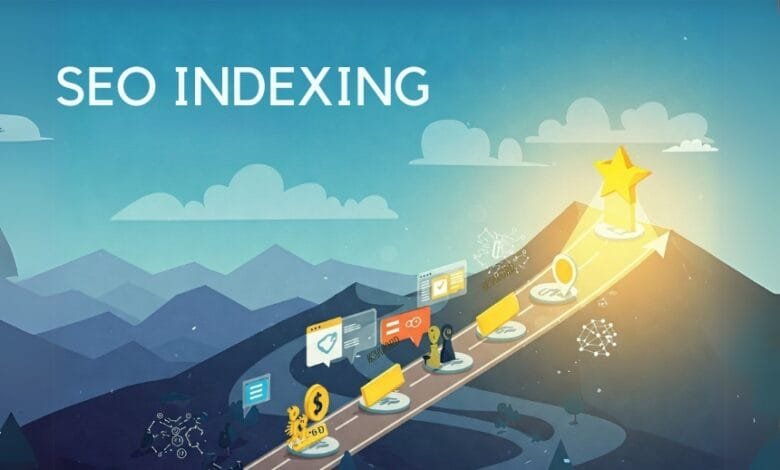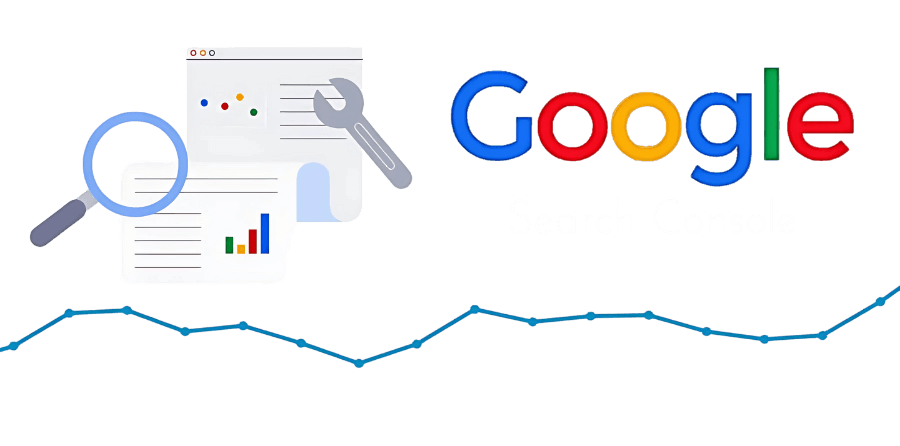Unlock Your Rankings: Why Indexing is the Crucial First Step for SEO Success

▼ Summary
– Ensuring content is indexed is fundamental to any successful SEO strategy, as unindexed content cannot rank.
– Auditing content for indexing issues using tools like Google Search Console and Bing Webmaster Tools is crucial for identifying and resolving technical SEO problems.
– Submitting a news sitemap and using Google Merchant Center feeds can expedite the indexing process for timely articles and product listings, respectively.
– Leveraging indexing APIs and RSS feeds can speed up the discovery and indexing of new or updated content, benefiting SEO efforts.
– Strengthening internal linking and blocking non-SEO relevant URLs from crawlers are essential tactics for optimizing crawl budget and improving the visibility of important content.
In SEO, we often focus on keywords, backlinks, and content quality. But what if your perfectly optimized page remains invisible to search engines? This is where indexing – the process by which search engines like Google and Bing discover, analyze, and store your content in their massive databases – comes into play.
Think of it like a library: if your book isn’t listed in the catalog, no one can find it on the shelves. Similarly, if your web pages aren’t indexed, they simply cannot appear in search results, no matter how relevant or well-crafted they are. Indexing isn’t just one aspect of SEO; it’s the absolute foundation. Without it, all other optimization efforts are effectively wasted.
Ensuring your content is discoverable and indexable should be the starting point of any serious SEO strategy. Here’s how to proactively manage and improve your site’s indexability:
- Conduct Regular Indexing Audits: Use Google Search Console (GSC) and Bing Webmaster Tools to actively monitor your indexing status via their respective Page Indexing or Site Explorer reports. Identify and fix technical blockers like incorrect robots.txt rules, faulty canonical tags, unintended noindex tags, 404 errors, and improper redirects (e.g., 301s). Address content quality issues flagged here.

- Submit and Maintain Accurate XML Sitemaps: Beyond just news, ensure you have a comprehensive XML sitemap listing all important, indexable URLs on your site. Submit this sitemap via GSC and Bing Webmaster Tools and keep it updated automatically as new content is added or removed. A clean sitemap helps search engines discover your canonical pages efficiently.
- Optimize Your robots.txt File: Carefully configure your robots.txt file. While blocking low-value pages (like internal search results or faceted navigation parameters) is good, ensure you are not accidentally blocking important content, CSS, or JavaScript files needed for rendering. Double-check directives for errors.
- Implement Correct Canonical Tags: For pages with similar or duplicate content (e.g., print versions, pages with tracking parameters), use the rel=”canonical” tag to point search engines to the primary version you want indexed. This consolidates ranking signals and prevents duplicate content indexing issues.
- Leverage Indexing APIs: Utilize IndexNow (for Bing, Yandex etc.) and the Google Indexing API (especially useful for job postings and livestream content, but can signal other updates too). These APIs allow direct notification to search engines about new or updated URLs, significantly speeding up discovery.
- Enhance Internal Linking Structure: Create a logical internal linking structure. Link from high-authority pages to newer or deeper content you want indexed. Use descriptive anchor text. Ensure important pages aren’t “orphaned” (having no internal links pointing to them). This guides crawlers and distributes link equity.
- Improve Page Load Speed (Core Web Vitals): Faster loading sites are crawled more efficiently and offer a better user experience, both influencing indexing and ranking.[1] Optimize images, leverage browser caching, minimize code (CSS/JS), and use a good hosting provider or CDN. Aim for good Core Web Vitals scores.

- Ensure Mobile-Friendliness: Google primarily uses mobile-first indexing.[1] Your site must render correctly and be fully usable on mobile devices.[1] Use Google’s Mobile-Friendly Test tool to check and fix any issues.
- Resolve Server Errors and Redirect Issues: Regularly monitor GSC for server errors (5xx codes) which prevent crawling. Also, audit and minimize redirect chains (one URL redirecting to another, which redirects again). Long or broken redirect chains can cause crawlers to abandon the attempt. Fix 404 (Not Found) errors by restoring the page or implementing a 301 redirect to a relevant alternative. Avoid Soft 404s (where a “not found” page returns a 200 OK status).
- Ensure Proper JavaScript Rendering: If your site relies heavily on JavaScript to display content or links, ensure Googlebot can render it correctly. Use GSC’s URL Inspection tool (and its live test) to see how Google renders the page. Avoid blocking necessary JS/CSS resources in robots.txt.
- Manage Duplicate and Thin Content: Actively identify and address duplicate content issues beyond just canonical tags (e.g., consolidating similar pages, expanding thin content). Pages with very little unique value might be deprioritized for indexing by search engines.
- Utilize Structured Data (Schema Markup): While primarily for rich results, implementing relevant Schema markup (like Article, Product, Event) helps search engines better understand the context and content of your pages, which can indirectly aid in appropriate indexing and visibility.
- Regularly Update and Refresh Content: Keeping key content up-to-date signals freshness and relevance to search engines, encouraging them to re-crawl and re-index pages more frequently.
- Build High-Quality Backlinks (Indirect Effect): While not a direct indexing action on your site, earning links from reputable external websites signals authority and importance to search engines. Crawlers often discover new content through these external links.
By systematically addressing these technical and content factors, you create a welcoming environment for search engine crawlers, maximizing the chances that your valuable content gets indexed promptly and becomes eligible to compete in search results. Make indexing a core pillar of your SEO efforts to give your content the visibility it needs to rank, attract traffic, and achieve your goals.





